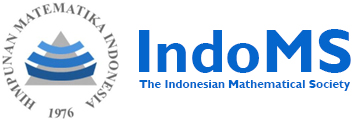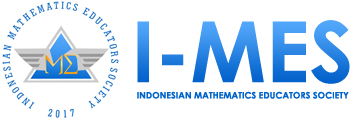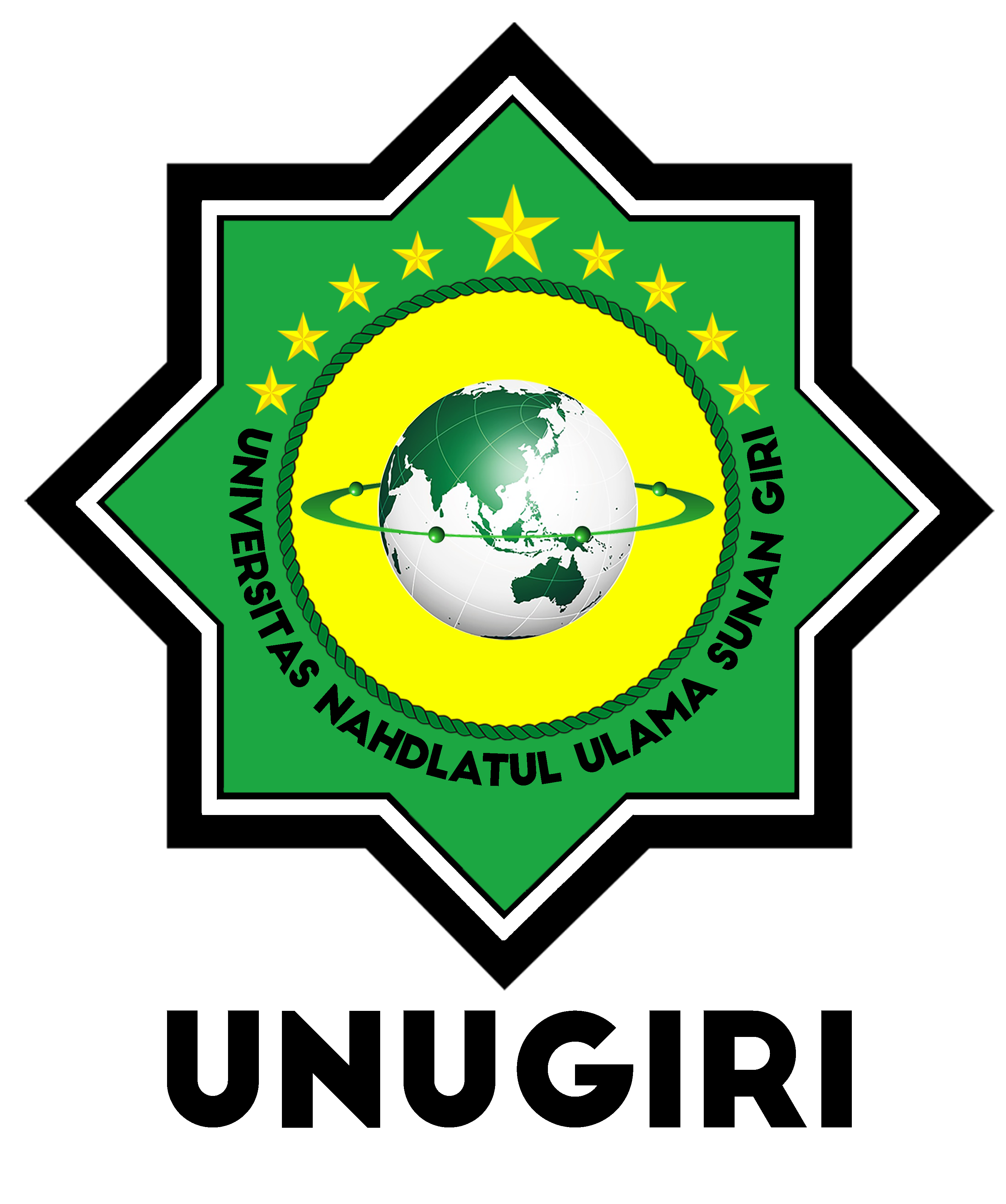Pemodelan Motivasi Turis ke dalam Model Matriks Fuzzy untuk Pengembangan Pariwisata Masa Depan Berkelanjutan (Studi Kasus Agrowisata Paloh Naga)

DOI:
https://doi.org/10.32665/james.v8i1.4381Keywords:
agrotourism, tourist motivation, fuzzy model, fuzzy matrix, ageAbstract
Paloh Naga Agrotourism is a popular destination for domestic and foreign tourists. Data from the Village-Owned Enterprises (BUMDes) shows a decrease in the number of visits during the period 2021 to 2024. This study aims to apply a fuzzy matrix model with the CETD (Combined Effective Time Dependent Data) method in analyzing tourist motivation and identifying the most significant motivational factors based on age group. The analysis results show that intellectual factors are dominant in the 15-17 age group. Social factors have a strong influence on the 26-30 age group, at the age of 18-25 the influence of social factors decreases and continues to decline in the 36-60 age group. Competence factors have an influence at the age of 15-17 and lose their influence at the age of 18-30 years. The relaxation factor had a significant influence on the 15-17 age group, especially for the need to escape from daily activities, and for the 26-30 age group the relaxation factor was irrelevant. These insights provide valuable implications that tourism managers tailor to the needs of each age group. Future research could extend the analysis with other demographic variables or advanced quantitative approaches.
References
Beard, J. G., & Ragheb, M. G. (2018). Measuring Leisure Motivation. Journal of Leisure Research, 15(3), 219–228. https://doi.org/10.1080/00222216.1983.11969557
Bouchon, F., & Rauscher, M. (2019). Cities and tourism, a love and hate story; towards a conceptual framework for urban overtourism management. International Journal of Tourism Cities, 5(4), 598–619. https://doi.org/10.1108/IJTC-06-2019-0080
Chaira, T. (2019). Fuzzy Set and Its Extension. In Fuzzy Set and Its Extension (first). John Wiley. https://doi.org/10.1002/9781119544203
Dalimunthe, F. I. (2021). The Development of Denai Lama Tourism Village as One object Tourist in Deli Serdang Kabupaten. Jurnal Akademi Pariwisata Medan, 9(2), 104–114.
Elpawati, Purnomowati, R., & Athiyah, D. (2018). Potret Keberhasilan Sistem Pelayanan Pengunjung Pada Wisata Agro Edukatif Cubugary.
Fadhilla, A., Nahampun, C. F., Munthe, M., Pinem, M., & Sidauruk, T. (2022). Kebudayaan Dan Kearifan Lokal Di Kawasan Objek Wisata Denai Lama, Kabupaten Deli Serdang. Jurnal Kajian Ilmu Dan Pendidikan Geografi, 5(2), 106–113. https://doi.org/10.33059/jsg.v5i2.5633
Fauzy, A. (2019). Metode Sampling. In Universitas Terbuka (Kedua, Vol. 9, Issue 1). Universitas Terbuka. http://jurnal.globalhealthsciencegroup.com
Fikhtner, T. . S. O. A. (2019). Modern Tools for Sustainable Development of Territories . Special Topic : Project Management in the Regions of Russia INTELLECTUAL TOURISM AS AN ELEMENT OF SUSTAINABLE DEVELOPMENT OF REGIONS. The European Proceedings of Social & Behavioural Sciences, 60–70.
Hameed, S. M. A. S., Hameed, M. S., & V Kamal Nasir. (2024). Using Fuzzy Ranking Technique to Find the Best Traits and Peak Age Group of Electors in an Election. Indian Journal Of Science And TEchnology, 17(23), 2363–2369.
Hardani, Andriani, H., Ustiawaty, J., Utami, E. F., Istiqomah, R. R., Fardani, R. A., Juliana, S., & Auliya, N. H. (2022). Buku Metode Penelitian Kualitatif & Kuantitatif. In CV Pustaka Ilmu Group (1st ed., Issue March). CV. Pustaka Ilmu Group.
Husain, I., & Ali, A. (2021). Fuzzy Matrix Approach to Study the Maximum Age Group of Stressed Students Studying in Higher Education. International Journal on Emerging Technologies, 12(1), 31–35. www.researchtrend.net
Kandasamy, W. B. V., Smarandache, F., & Ilanthenra, K. (2007). Elementary Fuzzy Matrix Theory And Fuzzy Models For Social Scientist. Automaton.
Leonenko, A., Tomenko, O., Bondarenko, Y., Brizhatyi, O., & Loza, T. (2019). Effect of recreation-oriented tourism program on physical health of middle school-aged children. Journal of Physical Education and Sport, 19(1), 121–125. https://doi.org/10.7752/jpes.2019.s1018
Pomantow, C., Langi, F. M., & Nikita Waworuntu, C. (2022). Analisis Perilaku Wisatawan Dalam Memilih Objek Wisata di Kota Manado Sitasi. Humanlight Journal of Psychology Desember, 3(2), 102–113. http://ejournal-iakn-manado.ac.id/index.php/humanlight
Przybysz, K., & Stanimir, A. (2022). Tourism-Related Needs in the Context of Seniors’ Living and Social Conditions. International Journal of Environmental Research and Public Health, 19(22). https://doi.org/10.3390/ijerph192215325
Puhe, M., Schippl, J., Fleischer, T., & Vortisch, P. (2021). Social network approach to analyze stability and variability of travel decisions. Transportation Research Record, 2675(9), 398–407. https://doi.org/10.1177/03611981211002200
Saraswathi, A. (2023). A fuzzy matrix Analysis-Using an RTD and CETD Matrix. International Journal of Applied Engineering Research, 10(September).
Setiawan, A., Yanto, B., & Yasdomi, K. (2018). Logika Fuzzy Dengan Matlab. In Jayapangus Press. JayaPangus Press.
Setyaningsih, S., Satyarini, M. D., Widiastuti, E. H., & Slamet. (2024). Pemanfaatan Waktu Luang pada Libutan dengan Kegiatan Produktif bagi Pelajar. MANGGALI ; Jurnal Pengabdian Dan Pemberdayaan Masyarakat, 4(1), 160–168.
Simanjuntak, W. O. R., & Syahputra, M. H. I. (2021). Asian Journal of Management Entrepreneurship and Social Science Community Empowerment in Developing Kampoeng Lama Tourism Village as an Educational Tourism Destination. AJSMESC : Asian Journal of Management Entrepreneurship and Social Science, 01(01), 101–112. https://ajmesc.com/index.php/ajmesc
Sudirman, S., Sinaga, A. S. A., Rosramadhana, R., & Saepudin, A. (2022). Management Strategy of Paloh Naga Traditional Culinary Tourism in Denai Lama Village , Pantai Labu District. Journal of Nonformal …, 8(1), 23–31. https://journal.unnes.ac.id/nju/index.php/jne/article/view/33982%0Ahttps://journal.unnes.ac.id/nju/index.php/jne/article/download/33982/12734
Sukarsih, I., Rifai, N. A. K., & Indrasari, E. R. (2022). Model Matriks Fuzzy untuk Masalah Kesehatan Mata Anak Sekolah Dasar Akibat Pembelajaran Daring di Masa Pandemi Covid-19. STATISTIKA Journal of Theoretical Statistics and Its Applications, 22(1), 33–40. https://doi.org/10.29313/statistika.v22i1.591
Tangian, D., & Kumaat, H. M. . (2020). E Book Pariwisata (pertama). POLIMDO PRESS. https://repository.polimdo.ac.id/2146/1/Pengantar Pariwisata-1.pdf
Vujičić, M. D., Kennell, J., Morrison, A., Filimonau, V., Papuga, I. Š., Stankov, U., & Vasiljević, D. A. (2020). Fuzzy modelling of tourist motivation: An age-related model for sustainable, multi-attraction, urban destinations. Sustainability (Switzerland), 12(20), 1–19. https://doi.org/10.3390/su12208698
Wicaksana, A., & Rachman, T. (2018). Motivasi Mahasiswa/i Dalam Keikutsertaan Kepengurusan Campus Ministry. Angewandte Chemie International Edition, 6(11), 951–952., 3(1), 10–27. https://medium.com/@arifwicaksanaa/pengertian-use-case-a7e576e1b6bf
Wijaya, S., Wahyudi, W., Kusuma, C. B., Sugianto, E., Wijaya, S., Wahyudi, W., Kusuma, C. B., & Sugianto, E. (2018). Travel motivation of Indonesian seniors in choosing destination overseas Travel motivation of Indonesian seniors in choosing destination overseas. https://doi.org/10.1108/IJCTHR-09-2017-0095
Zul’Aini, N. H., Lubis, I., & Pasaribu, T. R. (2024). Computing ( JETCom ) Implementation of Data Mining Teacher Performance Assessment Using the K-means Clustering Method in Student Learning Styles in the 4 . 0 Era Journal of Engineering , Technology and Computing ( JETCom ). Journal of Engineering, Technology and Computing (JETCom), 3(1), 1–21.
Downloads
Published
Issue
Section
Categories
License
Copyright (c) 2025 Journal of Mathematics Education and Science

This work is licensed under a Creative Commons Attribution-NonCommercial-ShareAlike 4.0 International License.
Authors who publish with this journal agree to the following terms:
- Authors retain copyright and grant the journal right of first publication with the work simultaneously licensed under a Creative Commons Attribution License that allows others to share the work with an acknowledgment of the work's authorship and initial publication in this journal.
- Authors are able to enter into separate, additional contractual arrangements for the non-exclusive distribution of the journal's published version of the work (e.g., post it to an institutional repository or publish it in a book), with an acknowledgment of its initial publication in this journal.
- Authors are permitted and encouraged to post their work online (e.g., in institutional repositories or on their website) before and during the submission process, as it can lead to productive exchanges, as well as earlier and greater citation of published work
 PDF Download: 151
PDF Download: 151


















